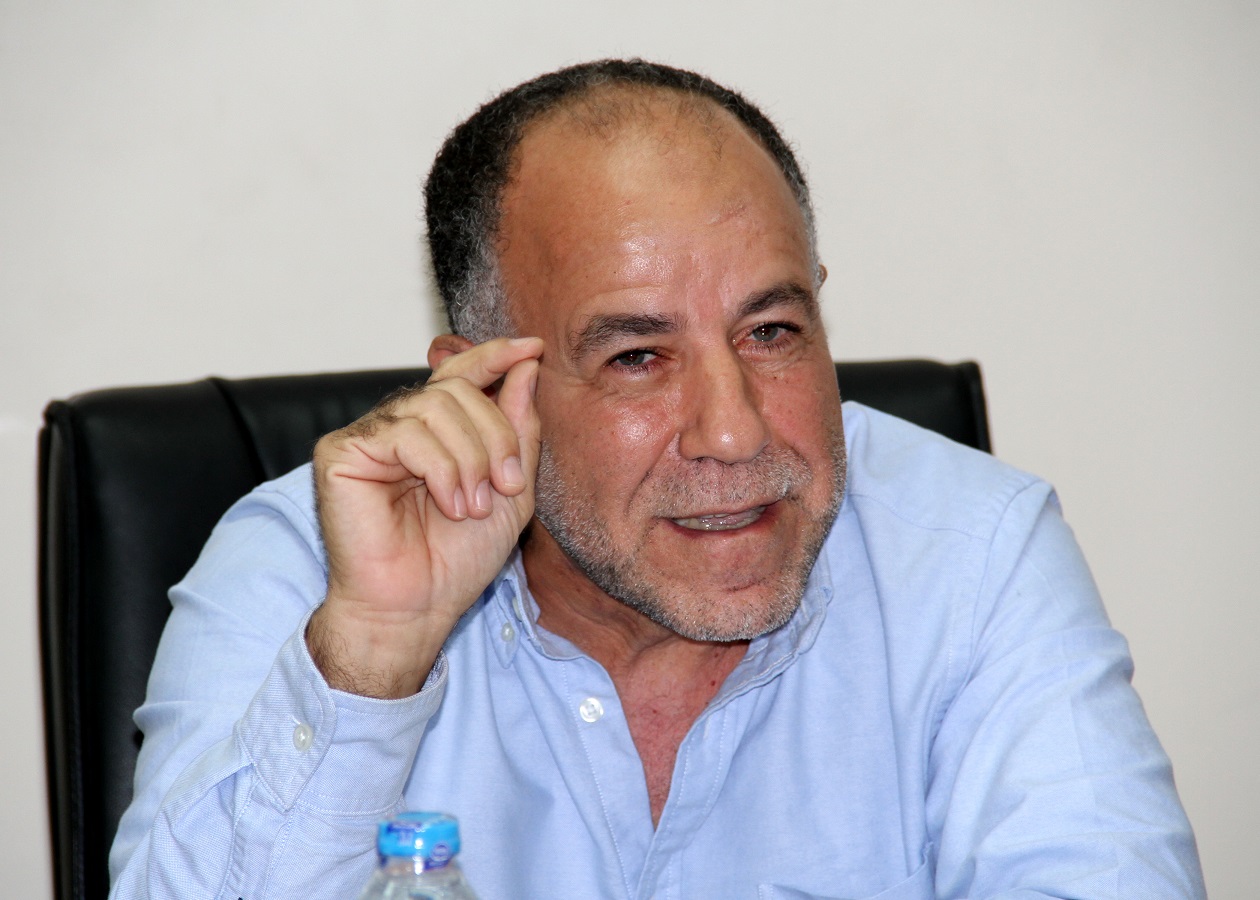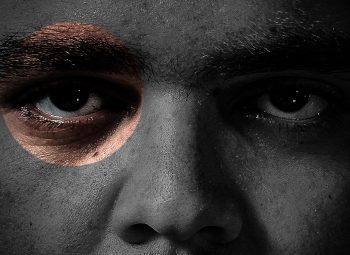via Daily News Egypt
The invention of Wi-Fi, announced in 1991, prompted the design of mobile phones that functioned with this new technology. The first mobile phone with functioning Wi-Fi was introduced in 1993, followed by advancements in internet services and phones that supported 3G speeds by 1998.
But have you ever wondered who's behind all of that? Surprisingly, the visionary behind Wi-Fi is not widely celebrated for his invention. Here's the story behind the Wi-Fi and its innovator.
Misconceptions
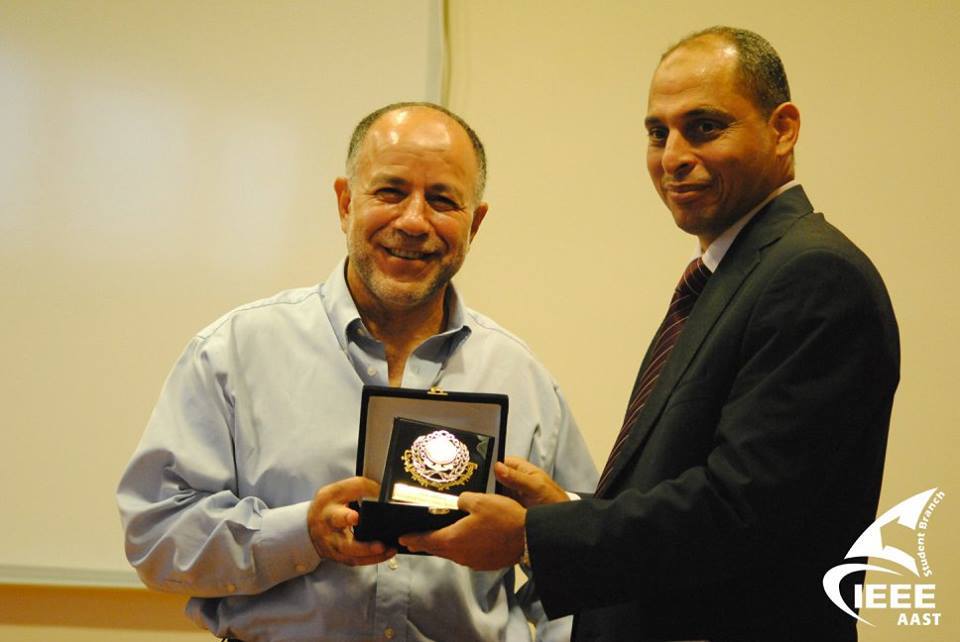
via Facebook
Common misconceptions about the inventor of Wi-Fi have obscured the true identity of the person responsible for this breakthrough. Upon searching on Google, a list of names like Hedy Lamarr and George Antheil appears, excluding names of the actual Wi-Fi inventors: Dr Hatim Zaghloul and Dr Michel Fattoush.
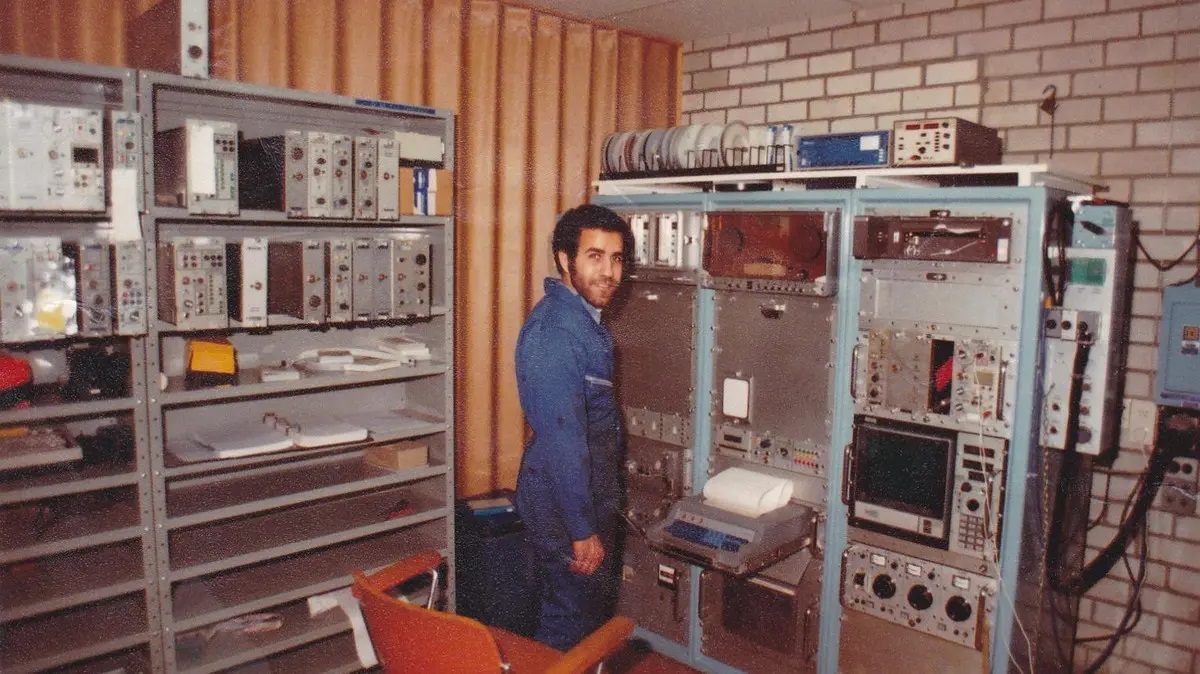
via al arabiya
The incorrect attribution of the Wi-Fi invention to Hedy Lamarr and George Antheil stems from their establishment of frequency hopping, which was an important foundation for the development of Wi-Fi. However, frequency hopping does not automatically translate to Wi-Fi, rendering this globally recognised piece of information ultimately false.
Background
![]()
via Facebook
Dr Hatem Zaghloul is an Egyptian Engineer and Professor who studied electronic engineering and applied mathematics. His career includes working as an assistant professor at the University of Calgary and as a researcher at Telus Communications. Dr Zaghloul has been honoured with various international awards for his entrepreneurial achievements, including the Calgary Award for Outstanding Immigrants in Business. Partnering with his long-time friend and co-researcher, he founded WiLAN in 1992.
Lawsuits
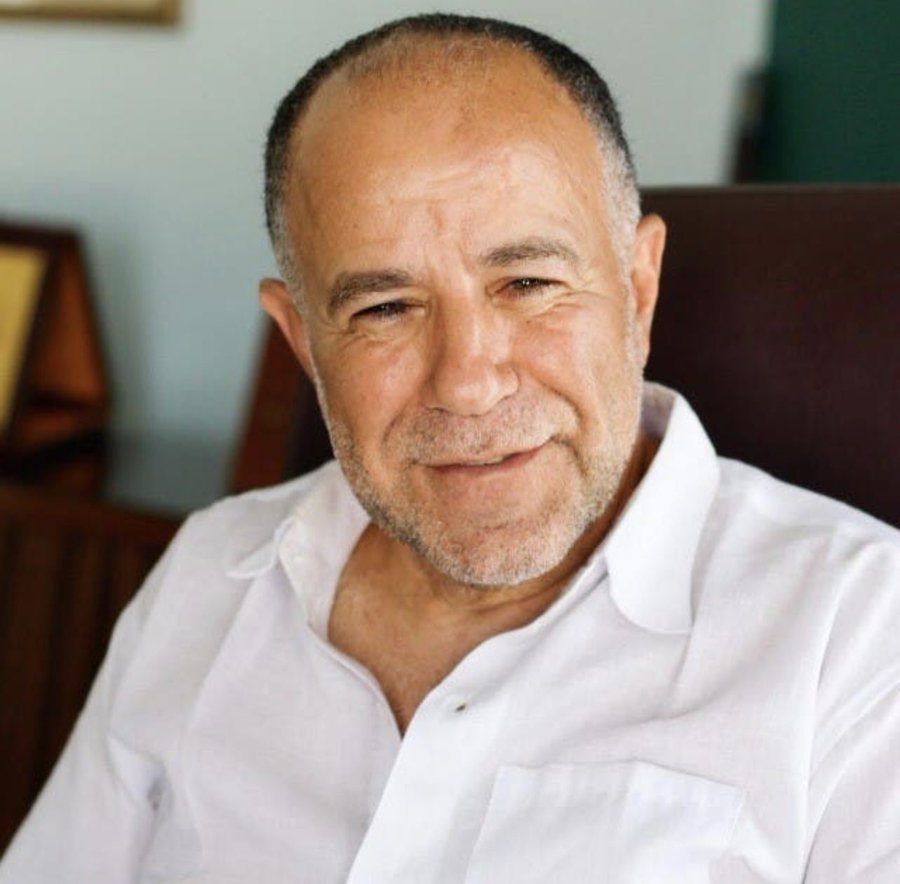
via X
The unrecognition of Zaghloul's contribution to subsequent technologies led him to file numerous lawsuits. Based on patent infringement, WiLAN has sued multiple companies, including Samsung and Nokia, for which they have successfully received financial compensation. However, when questioned whether the compensation was fair, Zaghloul replied, "Fairly is in the eye of the beholder," noting that adequate compensation is highly subjective.

